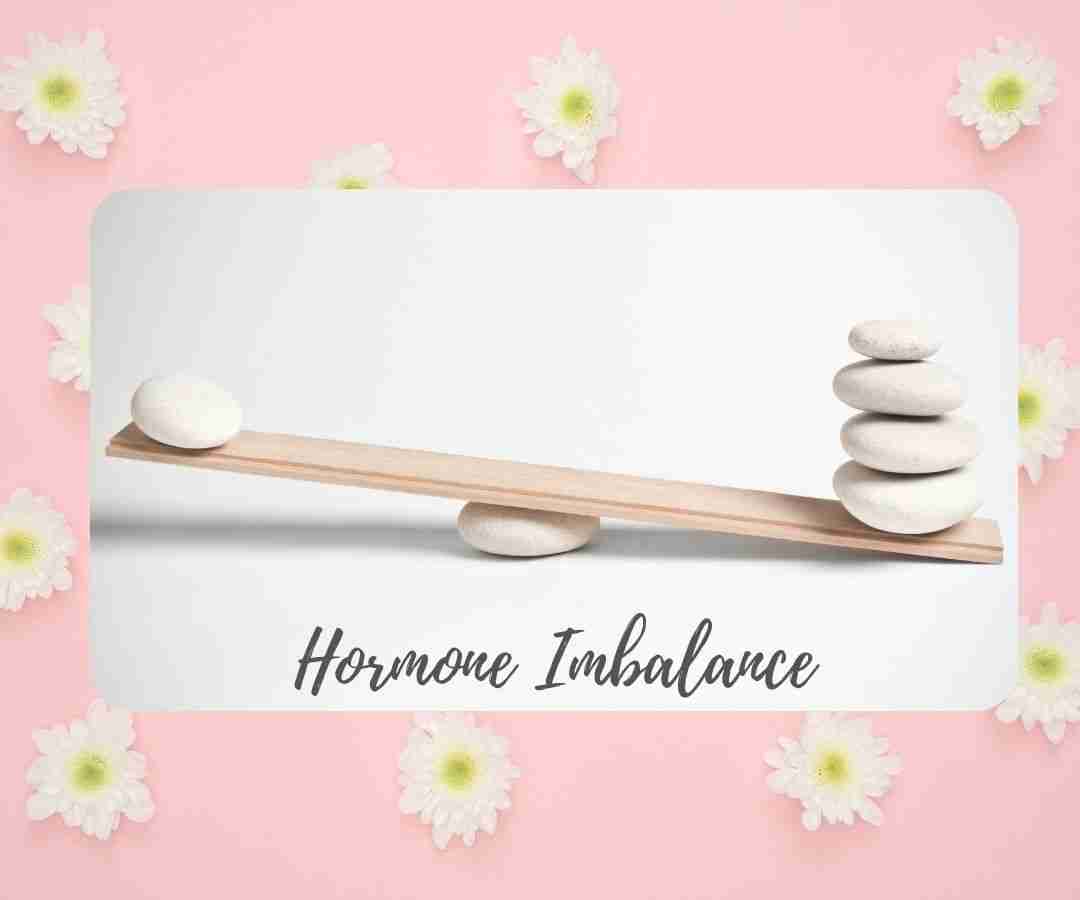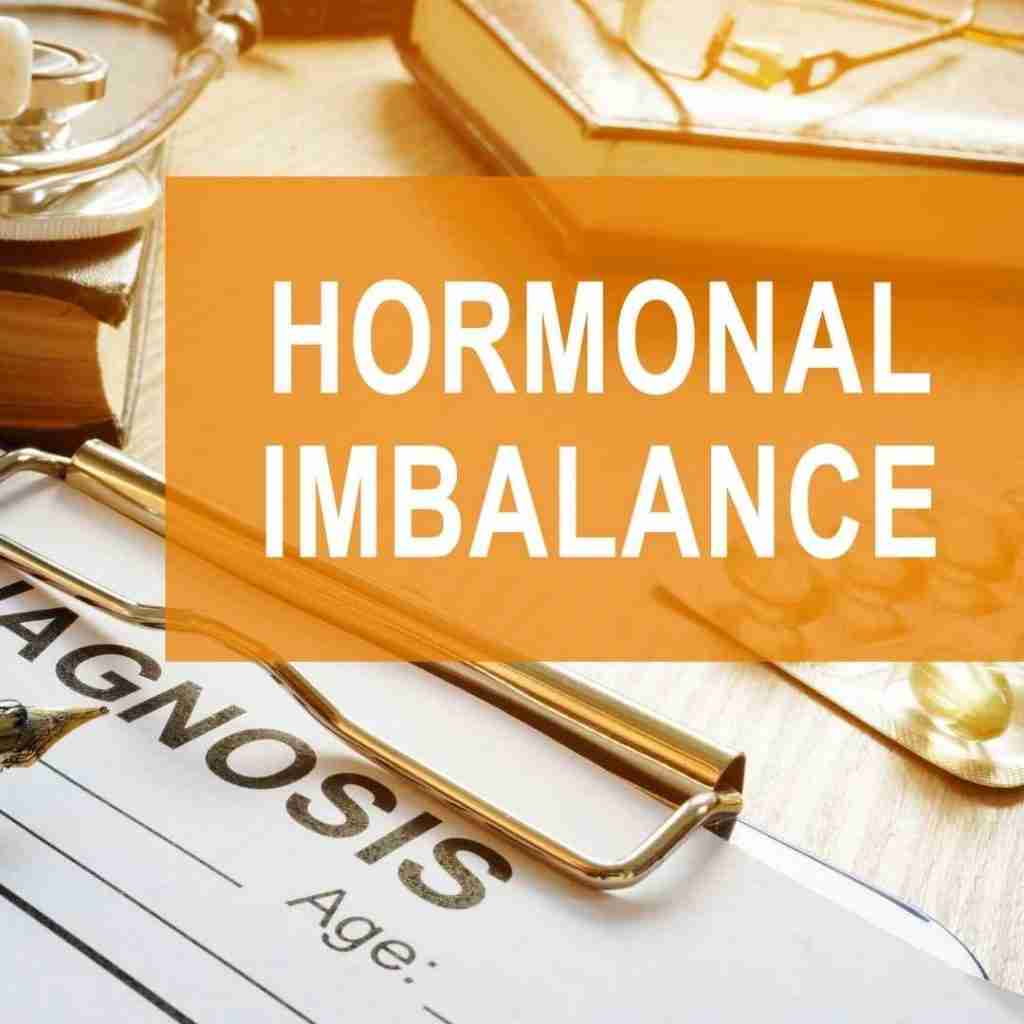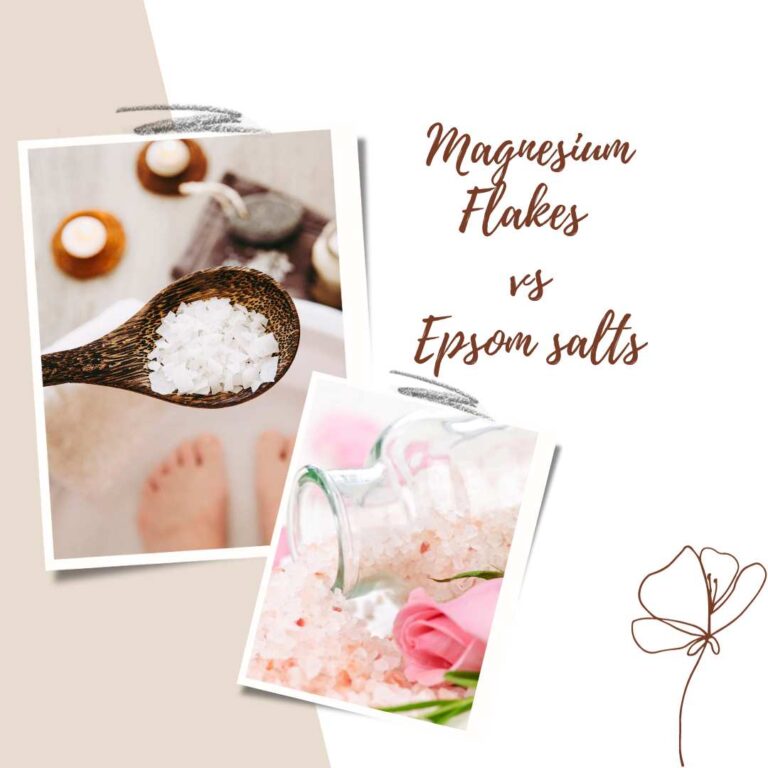5 Factors That Contribute to Hormone Imbalance
Most often when we hear hormone imbalance, we are thinking sex hormones. Thank you, Suzanne Somers! But I hope to give you a better perspective on this because too many of us are quick to jump on the Bio-identical Hormone Replacement band wagon without first making sure we have handled our foundation.
To really understand hormone health, it helps to have at least a basic idea of how the endocrine system works together to produce the hormonal symphony you need for health and wellbeing.
So, what is the endocrine system?
In a nutshell, it includes various glands located throughout the body, which are responsible for producing hormones and helping them to get to organs.
The pituitary gland is one of the most important glands within the endocrine system. It effectively acts as the “master gland” that makes sure that other glands receive information from the brain. It’s also directly responsible for producing some key hormones, including growth hormones. Production of follicle stimulating hormone (FSH), thyroid stimulating hormone and luteinizing hormone are also linked to the pituitary gland.
As well as the pituitary gland, the endocrine system also includes the hypothalamus, thyroid gland, parathyroid glands, adrenal glands, pineal gland, thymus gland, pancreas and reproductive organs.
What Controls Your Hormones?
Hypothalamus
The hypothalamus acts a control center between the endocrine system and the nervous system. It tells the pituitary gland whether to produce hormones in the first place.
Thyroid Gland
The thyroid gland produces thyroid hormones. If it doesn’t produce enough, it can lead to hypothyroidism. This condition affects metabolism and slows down a lot of the processes in the body. If the thyroid gland produces too much thyroid hormone, you can develop hyperthyroidism. This has the opposite effect and speeds up many of the body’s processes.
Parathyroid Gland
The parathyroid gland is a collection of four small glands that are located behind the thyroid gland. Despite their proximity to the thyroid gland, they’re important for bone health and have a big role to play in regulating calcium levels.
Adrenal Glands
The adrenal glands are involved in the “fight or flight” response and produce adrenaline and cortisol. These glands are designed to protect you from stress and if your adrenal function isn’t at the optimum level, it can influence how your body responds to stress and the lead to physical and emotional changes.
Pineal Gland
The pineal gland produces melatonin, also known as the “sleep hormone”.
Thymus Gland
The thymus gland produces white blood cells and is crucial for helping children to develop a stronger immune system. It starts to get smaller after you’ve reached puberty.
Pancreas
The pancreas is part of the endocrine system but it’s also part of the digestive system too. From a hormone perspective, it produces insulin to regulate blood sugar levels. For people with diabetes, the pancreas either doesn’t make enough insulin (type 2 diabetes) or doesn’t make any at all (type 1 diabetes).
As you can see, the health and coordination of the different parts of the endocrine system are important for keeping your body functioning as it should.
What Contributes To Hormone Imbalance?
Because hormone imbalances can have such a big effect on health and wellbeing, you’re probably wondering why they develop and whether certain risk factors can make them more likely.
Most of the time, hormone imbalances aren’t caused by one thing. It’s usually the case that multiple factors come into play. Some of these can include:

● Poor gut health and food allergies:
These days, experts are becoming more aware of the important role that your gut plays in health, and wellbeing, and this seems to extend to hormone health too. Having Leaky Gut Syndrome (whereby undigested food particles make their way through the lining of the intestines, often due to gluten and other food sensitivities) or very little in the way of “good” bacteria in your gut have been linked to hormone imbalances. It’s thought that this stems from inflammation, which is a big culprit in many different health issues.
● Being overweight:
A small amount of estrogen is made in fat cells and this means that any excess weight can affect your hormones.
● Lifestyle changes and factors, including poor nutrition and not getting much exercise:
Exercise can help to balance hormones, including cortisol (a stress hormone). It can also help to increase dopamine and serotonin, two key neurotransmitters that are very important for mood. For men, the natural decline in testosterone can be partly reversed through exercise. For women going through menopause, exercise can also boost estrogen levels.
● Lack of sleep:
Lack of sleep can influence your hormones, especially if it’s happening more often than not. Cortisol levels can be higher and appetite hormones such as ghrelin and leptin can also be altered which causes difficulty sleeping. Be sure not to drink too much coffee.
In one study, men who were not sleeping well produced less testosterone. Insulin is another hormone that can be affected, and this can ultimately pave the way for developing type 2 diabetes. Just to add insult to injury, hormone changes can then affect your sleep.
● Exposure to toxins:
Toxins are all around us and it’s hard to avoid being exposed to them. From pesticides in food to potentially dangerous chemicals in personal hygiene products and cleaning products, there’s a lot of scope for toxins to cause problems in your body. This is scary stuff as many toxins are known to be endocrine disruptors and disrupt hormone health. Some also mimic the effects of hormones such as estrogen. Going organic with your food and limiting your use of chemicals can go a long way towards keeping hormones balanced.

Why Your Menstrual Cycle Is The 6th Vital Sign – It’s the barometer of women’s health
Where to start?
There is a hierarchy of hormones. Think of it as a pyramid. The foundation of that pyramid would be cortisol and insulin. Next would be thyroid. And finally, at the top of the pyramid would be your sex hormones…estrogen, progesterone, and testosterone, for example.
So, as you can see, starting at the top of the pyramid to address symptoms will leave you living in a house of cards. It can topple at any time.
It is important to create a healthy foundation, which means optimally functioning adrenal glands, an appropriate cortisol response and blood sugar control. Many symptoms that are associated with sex hormone imbalance can be rooted in poor adrenal function and/or out of control blood sugar. So, therefore we start here.
Minimizing the 5 contributing factors identified above is a great place to start. Don’t underestimate the impact that lifestyle habits and choices can have.
In addition, here are a few ways that you can support your adrenals through a healthy diet:
· Vegetables, vegetables, and more vegetables
· Sunflower seeds
· Beef liver and other organ meats
· Wild Alaskan salmon
· Trout
· Brazil nuts, cashews, spinach
· Lots of vitamin C. Look beyond just oranges because strawberries, kiwi, broccoli, peppers, watercress all are loaded with C.
· Medicinal mushrooms – no not the psychedelic kind.
The importance of optimizing your adrenal glands cannot be over-stated. Stress kills, it really does. It erodes our health on the cellular level so getting a handle on it is paramount.
If you think you are struggling with a hormone imbalance, you can join my free group to learn more. I am also enrolling for my Metabolic & Hormone Reset Program. You can schedule a Discovery Call here. Why
Read more about women’s hormone imbalance issues here. If you are approaching menopause, read more about what to expect here.









